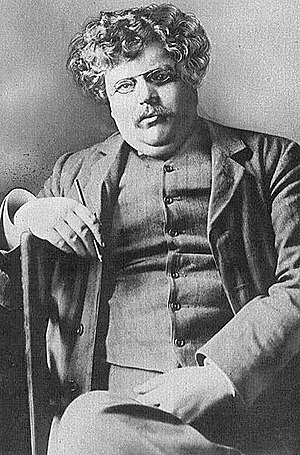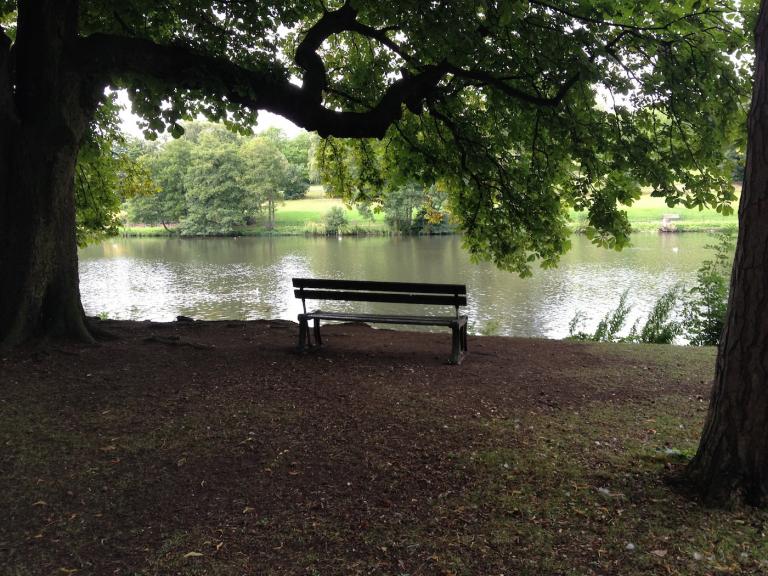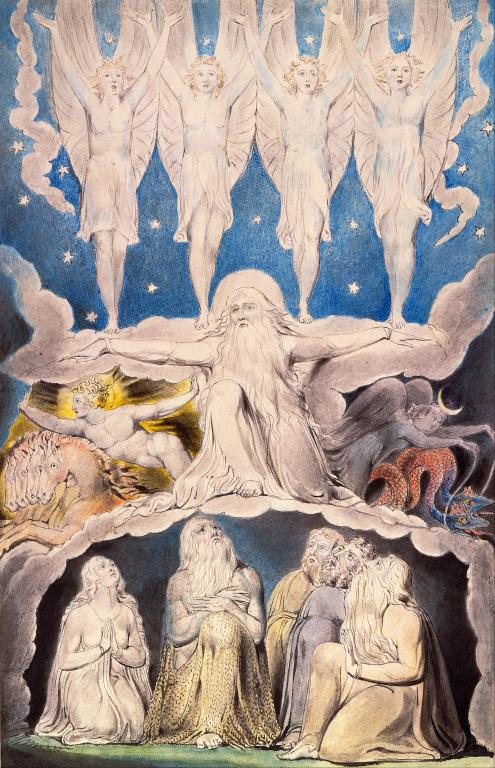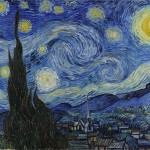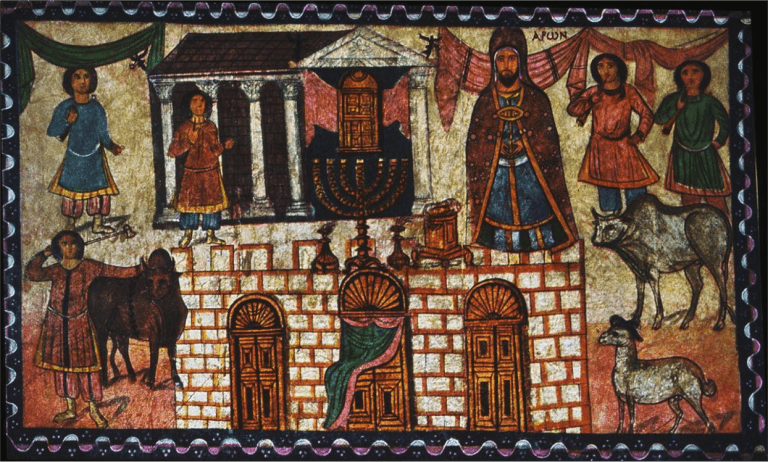David Russell Mosley
6 September 2013
On the Edge of Elfland
Beeston, Nottinghamshire
Dear Friends and Family,
Yesterday I wrote to you about the importance of being poets and theologians. In order to be excellent poets and theologians, however, we need a steady diet of poetry ourselves. With that in mind, I submit to you some excellent poets, poems, or books of poetry for your consumption. Read and be transformed.
This post will focus primarily on Western poetry since that is the poetry I know best. This isn’t to say Western poetry is the only good poetry, the only theological poetry, or the only poetry concerning Faerie. It is simply what I know and love personally.
The Psalms

The first poetry with which all theologians need to familiarise themselves is the poetry of our Hebrew ancestors. The Psalms teach us the importance of confessing our faith, our pains, our confusion, our rejoicing, our worship, in song and verse. The Psalms have been a traditional part of the Church’s worship since the Church’s inception. We must remember that the Psalms are poetry and read them as such.
The Iliad and The Odyssey

Perhaps the first epic poems, I highly recommend these two works by Home (probably) as some of the earliest evidence that poetry tells stories as well as describes Nature. Homer teaches us that poetry can truly be epic.
The Aeneid

Along with Homer, Virgil must also be read. Perhaps lesser in talent, Virgil’s work was part of the common fare of the Latin Church. His images and words, his story of the founding of Rome became part of the common imagination.
Gregory the Theologian

Gregory as I noted in the previous post, was a poet. We need to be reading his poetry to see what one of our best theologians put into verse to help give us ideas and concepts for our own. You can find a copy of these in translation here.
The Divine Comedy
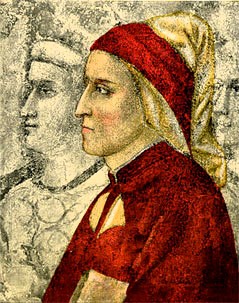
Dante is perhaps one of the most well known Christian poets, along with John Milton and John Donne. Dante’s Inferno has received various, and primarily awful, treatment in the past. You must read the whole comedia to truly see the brilliance of Dante both as a poet and a theologian.
Beowulf
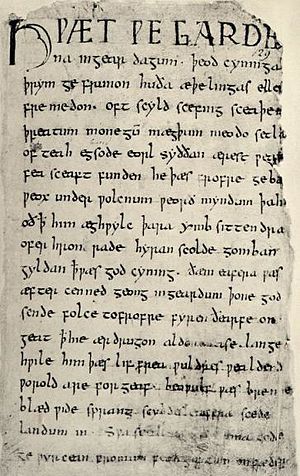
One of the earliest poems written in a language we can technically call English, Beowulf is a shorter epic poem about the triumph of good over evil. Beowulf teaches us about the power of goodness against the evils of Satan.
The Pearl Poet

The anonymous poet who, more than likely, penned the three works Sir Orfeo, Pearl, and Sir Gawain and the Green Knight is an excellent introduction into the Medieval Faerie tradition. His or her poems are wonderfully written and tell us stories of Faerie. These are necessary for anyone who is interested in the development of our understanding of Faerie.
George Herbert

Herbert is relatively new poet to me. An Anglican Priest, Herbert’s impact on Anglicanism cannot be undervalued as some of his own poems have made their way into the Common Worship.
John Milton

Milton’s Paradise Lost reminds us that even the brightest star can fall dim. We learn from Milton that Satan is wrong. It is much better to serve in Heaven than to reign in Hell.
George MacDonald
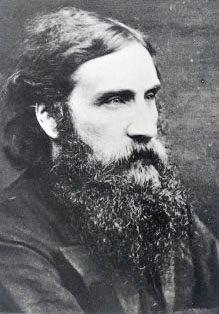
MacDonald is perhaps one of my absolute favourite authors in general. He truly teaches the importance of Faerie. His poetry is often undervalued, but it is nevertheless worth reading.
The Romantic Poets

Despite often sliding into paganism, pantheism, deism, and other issues, the Romantics are excellent examples of both style and content. After the Enlightenment, they began the project of seeing nature as more than a passive object.
Chesterton, Tolkien, and Lewis

Tolkien and Lewis are most well-known for their prose, but both authors were, at heart, poets. An education in poetry and faerie would be incomplete without them. Chesterton is perhaps more well-known for his non-fiction and essays (as well as for Father Brown) than for his poetry, but Chesterton too was a poet before all else.
There are perhaps many more poets who could be named, Seamus Heaney, Dorothy Sayers, Charles Williams, John Donne, etc. This list is woefully incomplete, and as I said at the start, focuses almost entirely on the Western Poetic Tradition. Nevertheless, these poets/poems are some great places to begin. Reading these poets will teach us to see the world differently, will teach us to see Faerie, and will help us to do better theology, theology that is beautiful.
Sincerely yours,
David Russell Mosley
Related articles
- Faeriean Metaphysics: Why Faerie and Fantasy Matter in Christian Theology (elflandletters.wordpress.com)

